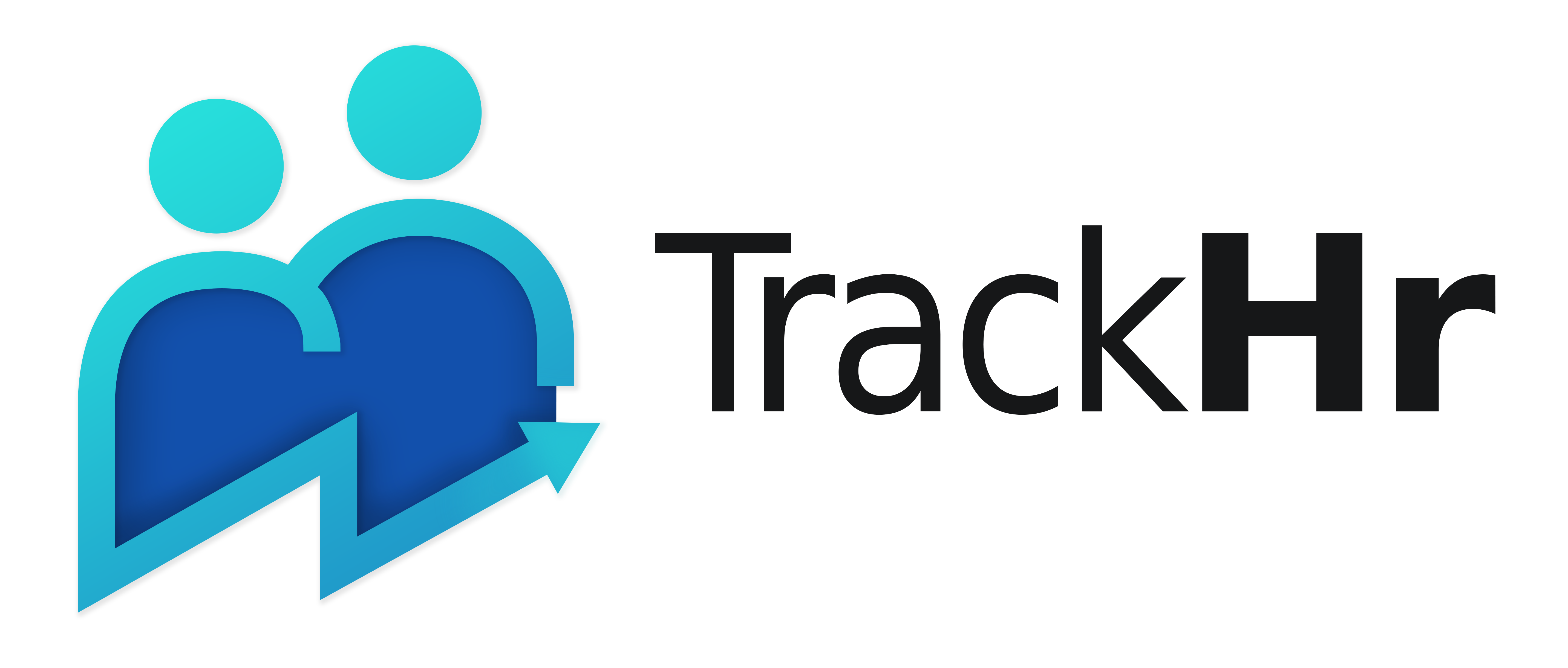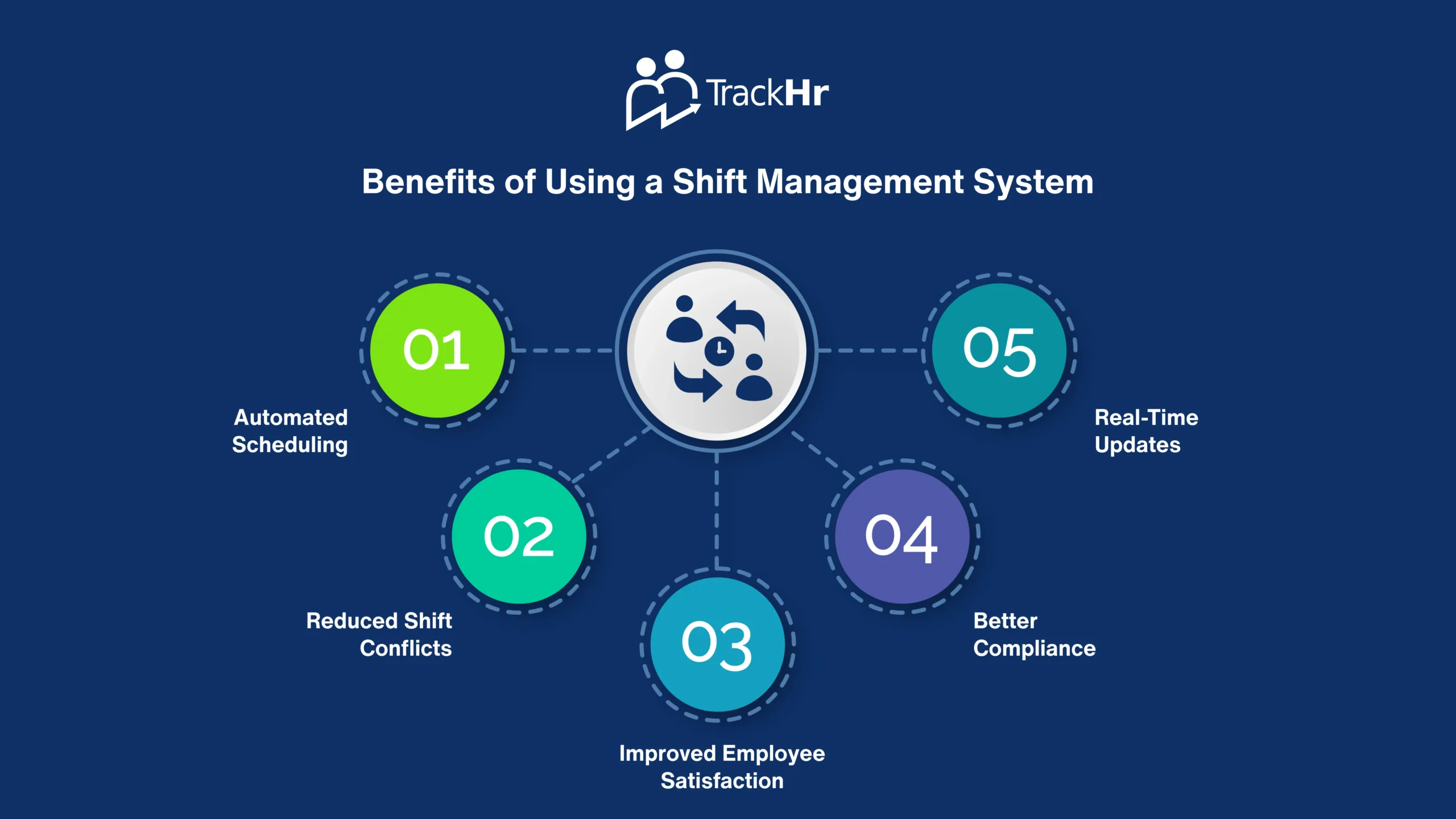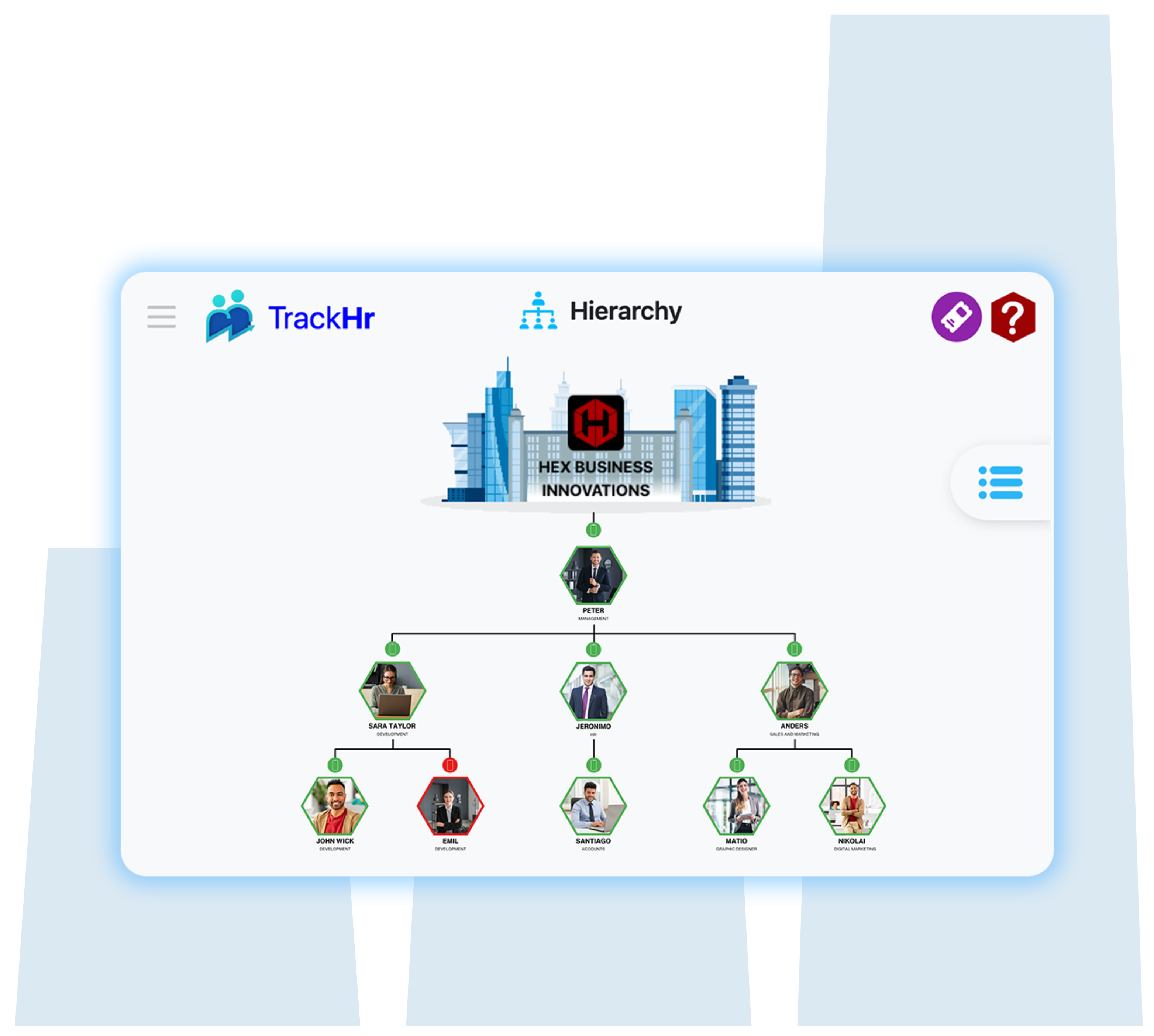Blog
The Evolution of Work Management in the Digital Age
- May 19, 2025
- 10:31 am
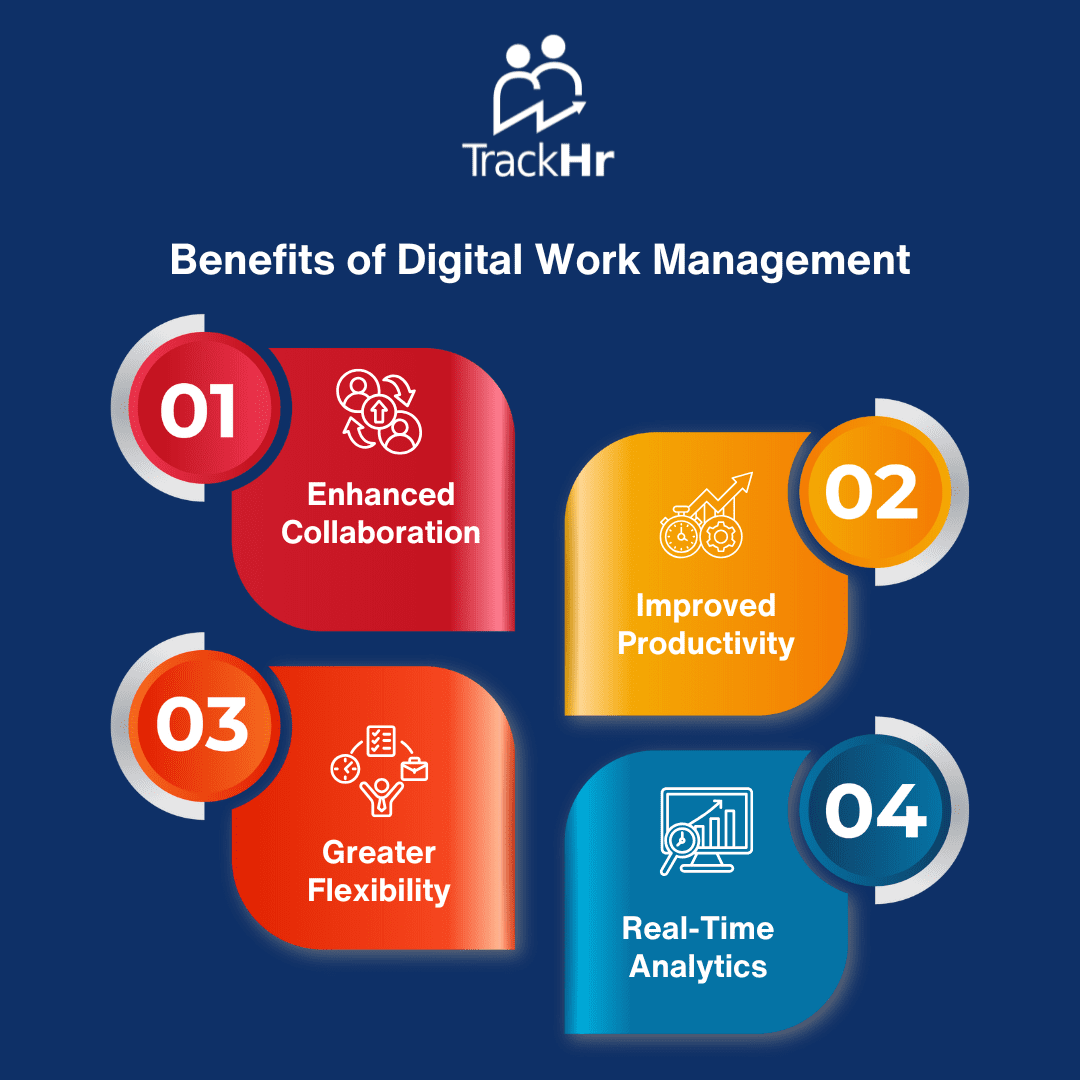
In the past, managing work meant paper trails, manual task delegation, and countless in-person meetings. But today, work management in the digital age has transformed dramatically. With digital tools, cloud technology, and automation at the forefront, organizations are revolutionizing how teams collaborate, track performance, and execute business goals.
This article explores how work management has evolved over time, the impact of digital tools, and what the future holds for productivity and collaboration.
Traditional Work Management: The Starting Point
Before the rise of digital platforms, work management relied heavily on:
- Manual scheduling via whiteboards or spreadsheets
- Face-to-face meetings for updates
- Phone calls and memos for communication
While effective to a degree, these methods were time-consuming, lacked scalability, and posed challenges for remote or cross-functional teams.
The Shift Toward Digitalization
As technology evolved, businesses began transitioning to digital solutions. The key catalysts for this shift included:
1. Cloud-Based Tools
Applications like Google Workspace, Microsoft 365, and Slack offered cloud storage and real-time collaboration from any location.
2. Centralized Task Management
Platforms such as Asana, Trello, and Monday.com allowed teams to track tasks, assign responsibilities, and set deadlines in one place.
3. Automation and AI
Automation tools minimized repetitive tasks and optimized workflows, while AI-based analytics provided deeper insights into performance and productivity.
Key Features of Digital Work Management Systems
Modern work management tools come with robust features, including:
- Real-time task tracking
- Workflow automation
- Time and attendance tracking
- Document sharing and version control
- Integration with third-party tools
- Mobile accessibility
Benefits of Digital Work Management
1. Enhanced Collaboration
Digital tools enable seamless communication across departments, time zones, and work styles.
2. Improved Productivity
Teams can prioritize tasks better, reduce miscommunication, and meet deadlines efficiently.
3. Greater Flexibility
Cloud-based platforms support hybrid and remote work environments, giving teams freedom without sacrificing accountability.
4. Real-Time Analytics
Dashboards and reporting features offer live performance insights that help leaders make informed decisions.
The Role of Remote Work and Hybrid Models
The global shift to remote work has accelerated the need for efficient digital work management. Platforms like Zoom, TrackHr, and Basecamp are crucial for maintaining team visibility, tracking progress, and ensuring accountability from anywhere in the world.
What’s Next: The Future of Work Management
Looking ahead, work management systems will continue to evolve with technologies such as:
- AI-Powered Assistants: Predictive task suggestions and automated prioritization
- Advanced Analytics: Deeper performance metrics and forecasting
- Enhanced Integrations: Seamless syncing across a broader ecosystem of tools
Conclusion
Work management systems are a game-changer for improving team efficiency. By centralizing work, enhancing communication, and automating repetitive tasks, these platforms help teams do more with less. Whether you’re managing a small team or scaling a large enterprise, investing in a work management tool can dramatically enhance productivity and collaboration.
Table of Contents
Exhausted from managing performance management manually?
